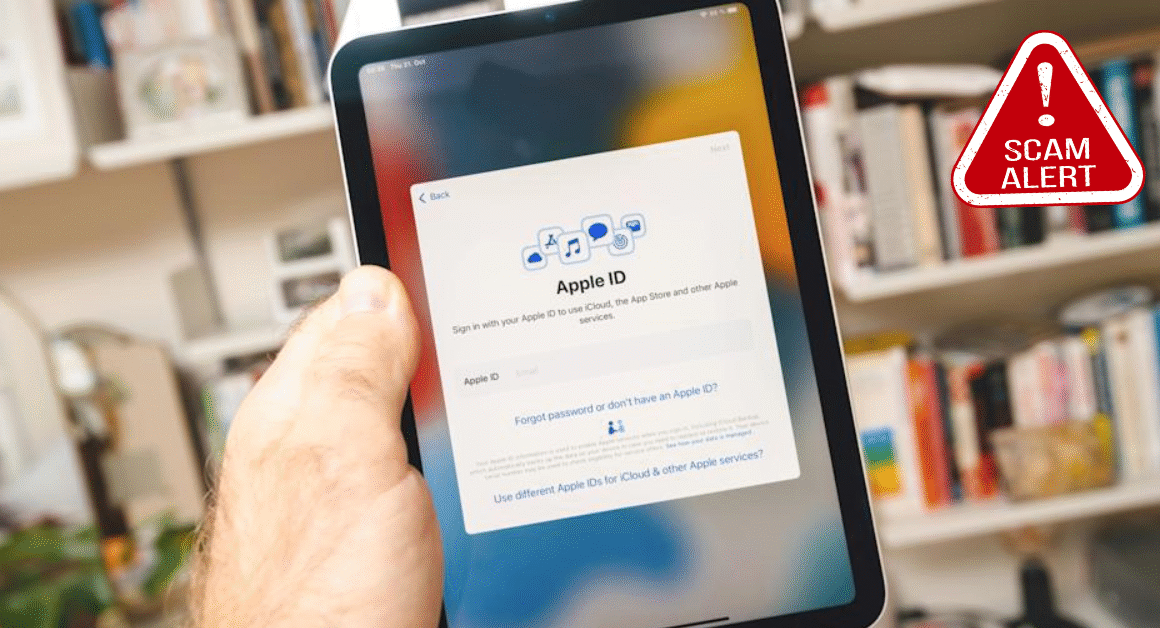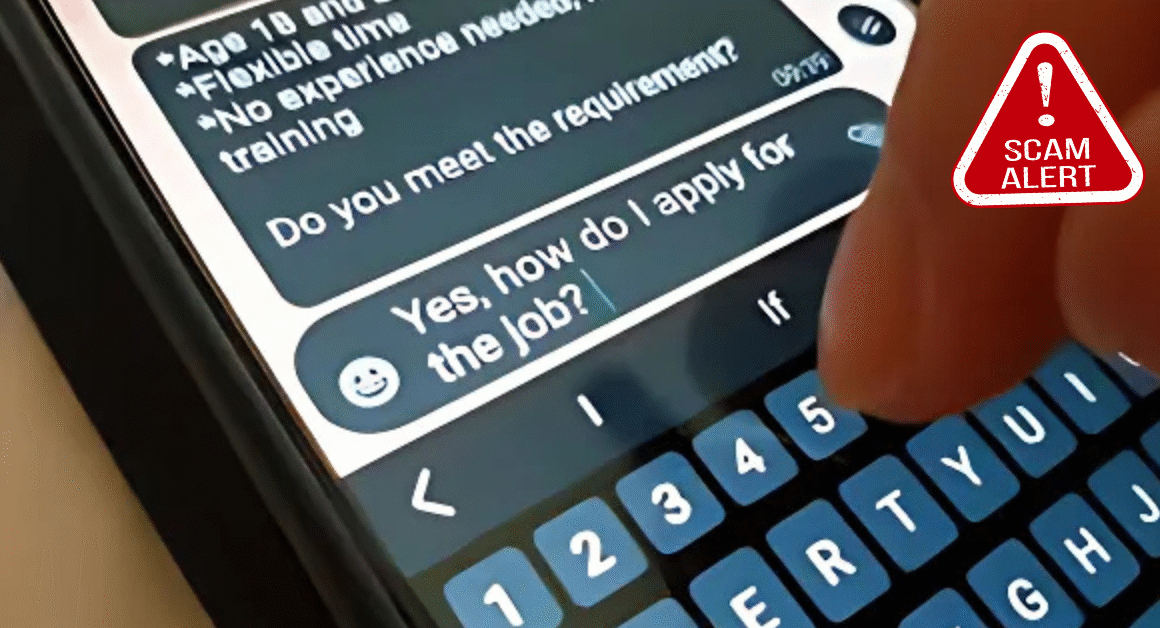Have you ever received a sudden text message that appears to be from your boss, asking for money, urgent help, or sensitive information? If yes, you are not alone. The “boss text message scam” is becoming a widespread problem, targeting employees through fake messages from their employers. This scam tricks people into giving away cash or personal details by pretending to be someone they trust the most— their boss.
Understanding how these scams work and recognizing the warning signs can save you from falling victim to this fraud. In this article, we explain what the boss text message scam is, how to spot it, and the steps you should take to protect yourself. Stay informed and keep your money and identity safe.
What Is the Boss Text Message Scam?
The boss text message scam, also called “CEO fraud” or “business email compromise”, involves scammers sending messages that look like they come from a company leader. These messages usually ask for urgent help, such as transferring money, buying gift cards, or sharing confidential information. The scammer often uses phone numbers or email addresses that seem legitimate to trick their targets.
According to the Federal Trade Commission (FTC), this type of scam can cost victims thousands of dollars. The scam plays on urgency and fear, making people act quickly without verifying the request. This is how criminals manage to steal both personal and business funds.
How to Spot a Fake Message From Your “Boss”
Scammers are becoming very skilled at pretending to be someone else, but there are still signs you can watch for. Here are some clues that the message might not really be from your boss:
- Unusual Urgent Requests: If the message pressures you to act fast without explanation, this is a big red flag.
- Strange Language or Grammar: Messages full of spelling mistakes or unusual wording might be a scam since real bosses usually communicate clearly.
- Requests for Money or Gift Cards: Legitimate bosses rarely ask employees to send money or buy gift cards through text.
- Different Phone Number or Email: Check if the message comes from a number or email address you don’t recognize, or that looks slightly different than your boss’s usual contact.
For more tips on identifying scams, the Indian Computer Emergency Response Team (CERT-In) offers helpful advice on online safety and recognizing fraud.
What Should You Do If You Receive a Suspicious Message?
If you get a message that you think might be a scam, don’t panic and take these steps to stay safe:
- Verify Directly: Call your boss on their regular phone number to confirm if the request is real. Do not reply to the suspicious message.
- Do Not Share Personal Information: Never share sensitive details like passwords, bank details, or personal data through text or email.
- Report the Scam: Inform your company’s IT or security team so they can warn others. You can also report scams to authorities such as the Indian Cyber Crime Centre.
- Delete Suspicious Messages: Removing the message reduces the risk of accidentally clicking malicious links or providing information.
Protect Yourself and Your Workplace From These Scams
Awareness is the best defense against the boss text message scam. Employers should educate their teams about these threats and set clear rules about how money and information requests will be made. Employees should always be cautious and question unexpected requests.
Using strong passwords, enabling two-factor authentication, and keeping your devices updated with security patches also reduce your chances of falling victim to scams. Remember, it’s much easier to prevent fraud than to fix the damage afterward.
Final Thoughts
The boss text message scam is a dangerous but avoidable threat. By staying alert and verifying any unusual requests, you can protect yourself from losing money or important information. Practice safe communication, trust your instincts, and report anything suspicious to keep your work and personal life secure.













